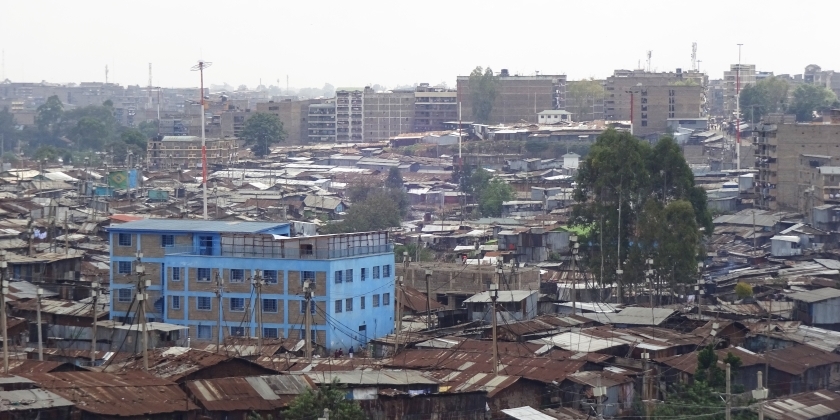Department Environmental Social Sciences
Industry dynamics and sectoral transformations towards sustainable utility services

The key competency of the research group is the analysis of spatial dimensions in transition processes, with the aim to understand how transitions unfold differently across different geographical contexts. The group focusses on analyzing the complex sectoral changes in emerging industries of sustainable technologies. In the analysis of innovation processes that influence industry dynamics, we use a “socio-technical systems” perspective, which is the interplay among different kinds of actors (firms, academia, end users, policy makers, associations, civil society groups etc.), networks and institutional structures.
The group mostly works with the theoretical concepts of socio-technical regimes and technological innovation systems in order to analyze sectoral transformations and emerging industry dynamics. Empirical cases encompass urban water management, electricity and transport. Geographically the group has worked on projects in Europe, Australia, the US, China, South Africa, Kenya and Malaysia. The results inform innovation policy and management. Methodologically, the group has strong competencies in interview campaigns, discourse analysis, discourse network analysis, strategic foresight, discursive scenario methods, and technology road mapping.
Main focus areas
Sustainability transitions of infrastructure sectors in high-income countries
- Analyzing conditions to support the success of radical innovations
- Analyzing early industry formation processes
- Analyzing institutional conditions, which sustain or hinder large-scale transition processes
- For example: how can decentralized water treatment systems become a widely accepted alternative in urban water management in Europe
Industry formation and transformation in catch-up countries
- Technological leapfrogging and catch-up in clean-tech industries
- The role of spatial relationships and global value chains in explaining success of failure of early industry formation processes
- For example: understanding changes in the Chinese urban water management sector, shifts to membrane bioreactor technology
Sustainability transitions in urban informal settlements in low-income countries
How can we understand transition processes in informal settlements, a context characterized with widespread poverty, social inequality, heterogeneous and fragmented public service provision, informal economies, and unreliable formal institutions? Research in this domain focuses specifically on urban renewal and basic service innovations in cities in Sub-Saharan Africa.
Team
Team
Teaching
Bernhard Truffer is a full professor at Utrecht University, where he is involved in various courses and where he supervises master and PhD students
Key Publications
Yap X.-S., Truffer B. 2018. Shaping Selection Environments for Industrial Catch-up and Sustainability Transitions. A systemic perspective on endogenizing windows of opportunity. Research Policy.
van Welie M. J., Cherunya P.C., Murphy J., Truffer B. 2018. Splintered regimes in developing cities: the case of sanitation in the squatter settlements of Nairobi. Technological Forecasting and Social Change.
Navigation
- Globalization and Transformations to Sustainable Development
- Transdisciplinary Integration for Sustainable Urban Water Management




